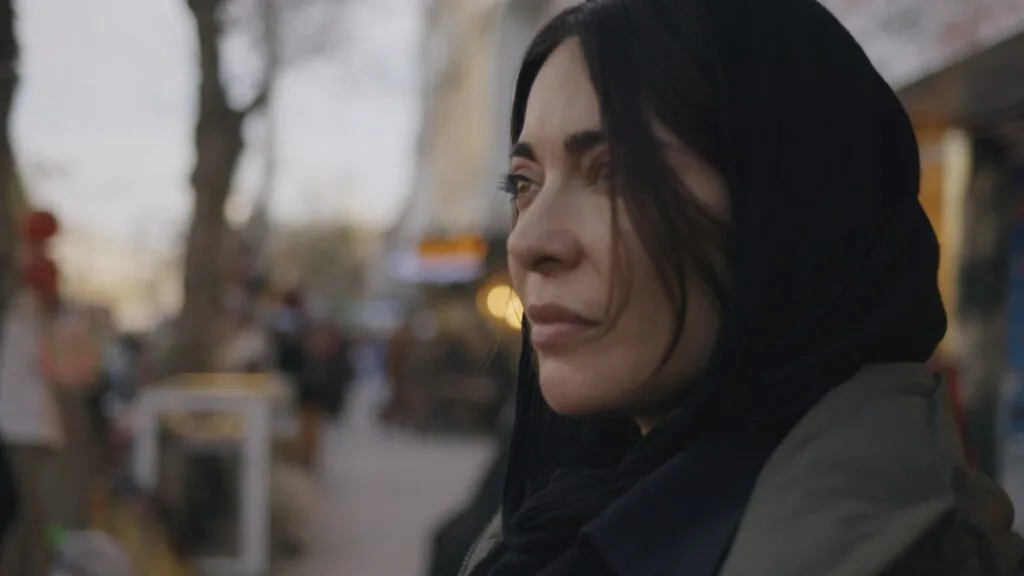Searching for Afghanistan’s Missing Women

August 11, 2022
After U.S. troops withdrew from Afghanistan last year and the Taliban swept into power, FRONTLINE correspondent Ramita Navai and colleagues traveled the country, investigating the Taliban regime’s treatment of women. The resulting documentary, Afghanistan Undercover, revealed the harrowing realities women faced in Afghanistan.
In a new episode of The FRONTLINE Dispatch, Navai talked with FRONTLINE’s executive producer and editor-in-chief, Raney Aronson-Rath, about reporting a story the Taliban didn’t want told, including secretly filming on the grounds of a prison in Herat, Afghanistan, where women said they were being held without trial.
“We needed that evidence,” Navai said. “We heard what was happening. We needed to see it for ourselves.”
Afghanistan Undercover is now streaming on FRONTLINE’s website, the PBS Video App and FRONTLINE’s YouTube channel.
Want to be notified every time a new podcast episode drops? Sign up for The FRONTLINE Dispatch newsletter.
Latest Documentaries
Explore
Policies
Teacher Center
Funding for FRONTLINE is provided through the support of PBS viewers and by the Corporation for Public Broadcasting, with major support from Ford Foundation. Additional funding is provided the Abrams Foundation, Park Foundation, John D. and Catherine T. MacArthur Foundation, Heising-Simons Foundation, and the FRONTLINE Trust, with major support from Jon and Jo Ann Hagler on behalf of the Jon L. Hagler Foundation, and additional support from Koo and Patricia Yuen. FRONTLINE is a registered trademark of WGBH Educational Foundation. Web Site Copyright ©1995-2025 WGBH Educational Foundation. PBS is a 501(c)(3) not-for-profit organization.



















